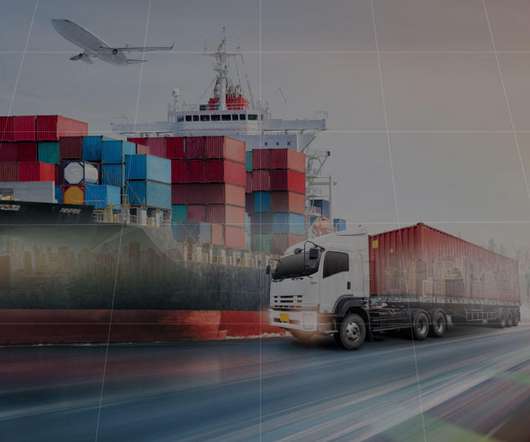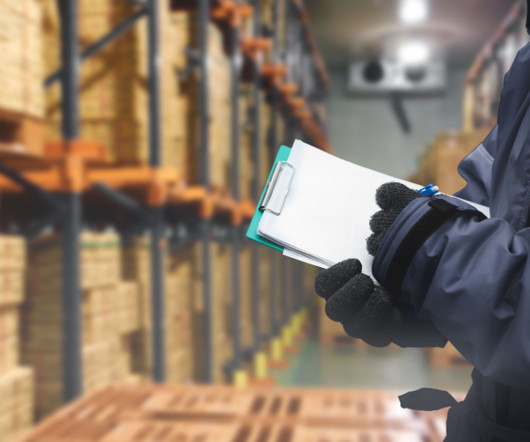Why Are Companies Turning to LSPs? Technology Leadership
BlueYonder
FEBRUARY 5, 2024
Increasingly, they’re turning their warehousing and transportation activities over to logistics services providers (LSPs) to optimize these activities and generate a fast return on their logistics investments. The global market for third-party logistics (3PL) is projected to increase from $974.6

















Let's personalize your content